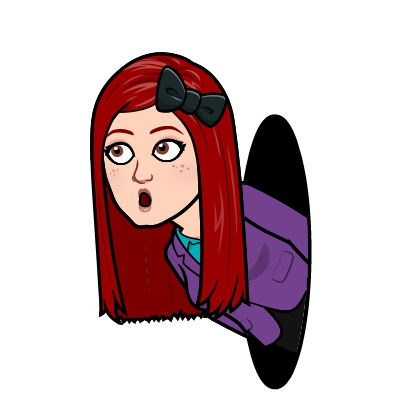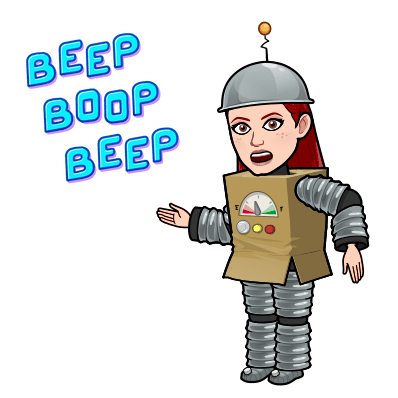Why it is important to have an understanding of the broader information landscape?
How you think the information landscape will affect your role as a TL in a school?
This week I fell down the rabbit hole. What started as a seemingly simple search for “most active social media platforms 2021” quickly spiralled into a flurry of pages on algorithms, business models, data use and abuse. Many of these things I’d heard about in passing but had never really had the time to delve into on a more meaningful level.
Technology has obviously had an immense impact on the information landscape. Some of this has been positive – for instance in bringing together marginalised individuals, or making information more accessible to people with disabilities. Yet there are a number of downsides to the digital information landscape that we cannot ignore. Therefore it is crucial that teacher librarians have not just an understanding of the broader information landscape, but that we have a deep knowledge and maintain currency about these evolving issues. If we do not, we cannot effectively fulfil our roles as information specialists. It also struck me with the reading from the modules and my own research this week that people will not be able to enjoy their rights of access to information if they lack the skills to navigate and evaluate these information platforms.
I found it interesting to consider our rights and responsibilities regarding information access. I think that a lot of people focus on their rights (for example, their right to an opinion) but often forget that there are associated responsibilities around our interaction with the information landscape. We have the right to freedom of opinion and expression, and the right to seek, receive and impart information. We have the right to privacy, as well as the right to access the infrastructure which will allow us access to information (though as I discussed in my previous post, this is not always guaranteed!). In this context libraries of all kinds play a crucial role in ensuring that peoples’ rights to access information are being upheld. However, it was interesting for me to consider that these rights could be restricted by law when necessary, if they were deemed to contravene the rights of others, or if they negatively impacted national security or order, or public health or morals. We live in a world which blurs the lines between facts and opinions, and the idea of who gets to determine if something is ‘necessary’ or harming ‘public morals’ was also interesting for me to consider. It is important to remember these responsibilities, especially in times of global pandemic such as ours. Yet the subjective element here leaves it open to potential abuse and censorship, and the fact that our national commitment to these rights and responsibilities is more of an implicit understanding than something enshrined in law is problematic. For instance, what if a family complains that Harry Potter is on the shelves, or content that they see as promoting Black Lives Matter or LGBTQI+ agendas? Or conversely, that there isn’t enough diverse content? The paradox of tolerance is something to consider here, and the response a teacher librarian would get in one school context might differ in another.
Our right of access to information is further complicated by issues of technological redundancy and convergence. In particular I couldn’t help but think about my own school context and the fact that all too often outdated or damaged technology was not updated, repaired or replaced due to budget constraints. Are funding arrangements, budget allocations and BYOD policies creating what Floridi called “digital favelas” in some schools? I also couldn’t help but consider my own failings with certain technological tools. I normally consider myself pretty tech-savvy, but for the life of me I cannot figure out the 3D printer I inherited when I became the teacher librarian. We’ve recently had a new deputy push for Macs to be integrated into our programs. Heaven help me!
Finally, my research and the module readings this week prompted me to consider the ways that our students are accessing information as digital natives. Modern students are primarily engaging with information (whether for their own entertainment or not) in virtual spaces. In Purcell is correct in her assertion that promotion of our services and resources is vital to our role as teacher librarians, then should we adapt to the online world and utilise social media marketing strategies that will reach and engage them with our content more effectively? Our school community engages heavily with Facebook and we’ve recently created an Instagram page to encourage greater student engagement. However, what are our ethical responsibilities when it comes to using and encouraging the use of these platforms? Are we leaving people in our school community vulnerable to data miners who could potentially sell their information and content to advertisers, politicians or government agencies? Are we pushing them to use platforms which could expose them to algorithms and content which could potentially cause harm? Are we encouraging them to become “unpaid machine trainers” whose data could be used to teach the very machines that might replace them in the workforce? On the surface it appears that having a library Instagram account is a fun way to get students interested, but in reality it is a potential ethical minefield. As teacher librarians we must be mindful of our interactions with these platforms and their function in the information landscape, and as information specialists encourage our school community likewise to maintain awareness of their behaviours.


